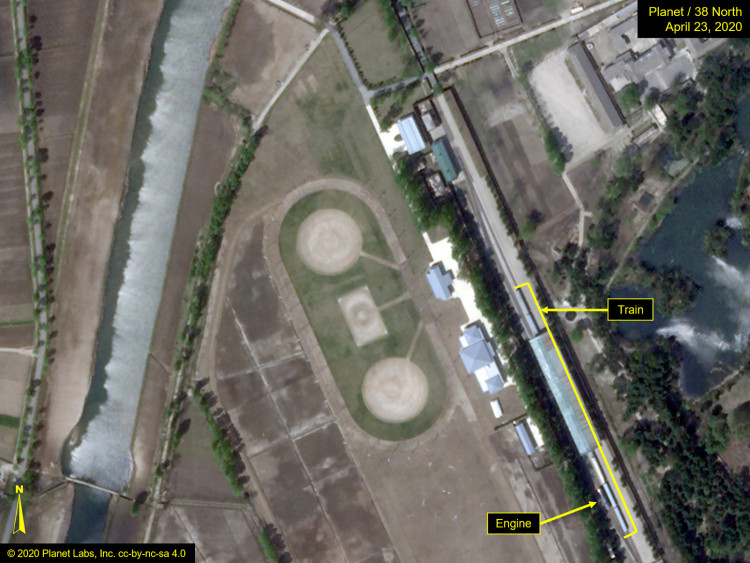Following a five-month hiatus, cross-border freight train operations between North Korea and China have resumed, according to a report from South Korea's Yonhap news agency on Monday (Sep 26). According to Yonhap, a freight train from Dandong made its way across a bridge to the North Korean city of Sinuiju.
China, North Korea's principal ally and business partner, provides commerce and help to the country. The already shaky economy of North Korea was severely damaged by restrictions on the export of goods during the COVID-19 epidemic lockdowns.
Since Apr. 29, when China suspended services with North Korea after consulting because to COVID-19 infections in its border city of Dandong, train crossings have been put on pause. The first COVID-19 outbreak was reported by North Korea shortly after, which it currently claims has been contained.
The suspension in April came less than four months after North Korea relaxed the border lockdowns put in place to combat the coronavirus at the beginning of 2020. The border controls are to blame for North Korea's escalating economic problems and threats to millions of people's access to food, according to international relief organizations.
The logistics provider must gather staples like sugar and flour, as well as iron goods and building supplies ordered from North Korea, from all around China and deliver them to the Dandong freight station.
The nation of North Korea must maintain a "steel-strong anti-epidemic barrier," according to leader Kim Jong Un, who declared victory over COVID-19 last month and ordered the removal of the strictest anti-epidemic measures put in place in May.
Only three months after the country recognized an outbreak, North Korea claimed there have been no confirmed COVID-19 cases in any region of the nation since Aug. 10, when Kim declared victory over the virus and ordered preventive measures to be relaxed.
While Kim asserted that the nation's victory against the illness will be recognized as a marvel of global health, experts think the North has twisted information about its epidemic to support him in keeping complete control.
The winning speech indicates Kim's intention to shift her focus to other concerns. North Korea recorded roughly 4.8 million "fever cases" among its 26 million predominantly unvaccinated citizens after acknowledging an omicron virus outbreak in May, but only a small percentage of them were COVID-19 instances.
Due to an apparent lack of resources to perform comprehensive testing, North Korea has never confirmed the exact number of COVID-19 cases, and experts have questioned its claims.






